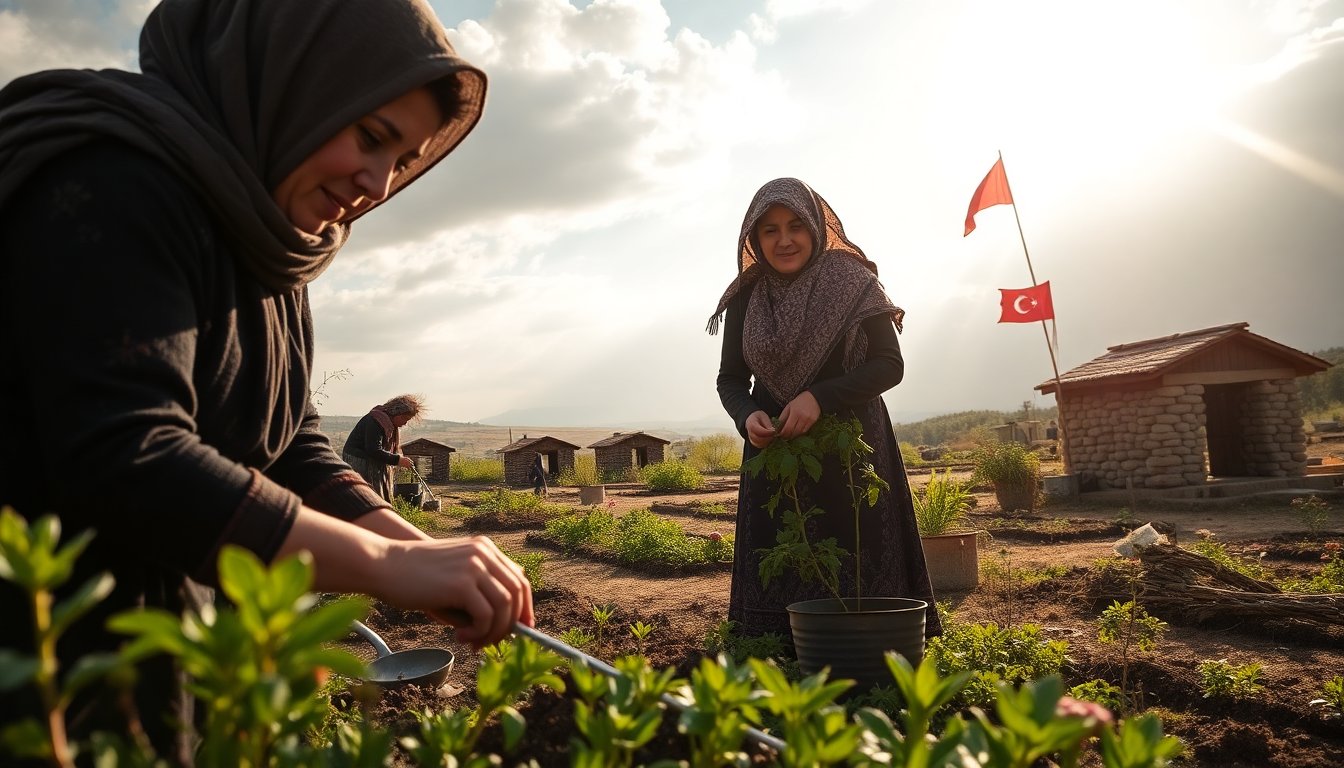Table of Contents
The recent history of Syria is marked by conflict and transformation, particularly following the defeat of ISIS. A crucial element in this struggle has been the Kurdish women, who have not only fought bravely on the battlefield but have also challenged traditional gender roles. As the situation stabilizes, these women face new challenges as Syria’s governance shifts towards more conservative Islamist values.
As the political landscape evolves, the crucial question remains: will the progress made in women’s rights endure, or will it be reversed? This article examines the precarious position of Kurdish women in this turbulent environment, emphasizing their contributions during the fight against ISIS and their ongoing struggle for societal recognition.
The rise of Kurdish women in the fight against ISIS
The emergence of Kurdish women as significant fighters against ISIS represents a notable shift in the traditional roles of women in conflict zones. By enlisting in the YPG (People’s Protection Units) and the YPJ (Women’s Protection Units), these women demonstrated extraordinary courage and commitment. Their participation not only challenged existing stereotypes but also highlighted their capabilities as leaders and warriors.
Their involvement proved critical in key battles, including the liberation of Raqqa, where they displayed remarkable bravery. The narratives of female fighters, who engaged in combat alongside their male counterparts, have inspired many and contributed to redefining societal expectations about women in the region.
Empowerment and societal change
The struggles and victories of Kurdish women extend beyond the battlefield. Their active participation in the fight against ISIS has sparked broader discussions on gender equality and women’s rights within Kurdish society. Following the liberation, many women began to take on leadership roles, advocating for policies that promote gender equality.
However, this newfound empowerment is now being tested as various factions within Syria exert their influence. The rise of conservative governance poses a threat to the progress achieved by these women. As they strive to secure their rights, they encounter opposition from groups adhering to traditional views on women’s roles.
Challenges in the new political landscape
The shifting political landscape in Syria presents significant challenges for Kurdish women. With the resurgence of conservative ideologies, many fear that the advancements in women’s rights may be jeopardized. The new governing bodies have shown a tendency to prioritize traditional values over the progressive ideals embraced during the fight against ISIS.
In this climate, the Kurdish women who fought valiantly for their freedom find themselves in a vulnerable position. They now face the daunting task of safeguarding their rights while navigating a complex political environment that is not always conducive to their aspirations. The prospect of a rollback on their rights looms large as conservative elements gain power.
The path forward
Despite these challenges, Kurdish women remain resolute in their pursuit of equality and representation. Emerging organizations and grassroots movements are supporting their fight for rights, ensuring that their voices resonate in the political arena. Activists emphasize the need to maintain the momentum gained during the conflict, advocating for policies that protect women’s rights.
Moreover, international support and solidarity from various advocacy groups play a vital role in sustaining their efforts. By forming alliances with global movements for women’s rights, Kurdish women can amplify their voices and advocate for their rightful place in the new Syria.
As the political landscape evolves, the crucial question remains: will the progress made in women’s rights endure, or will it be reversed? This article examines the precarious position of Kurdish women in this turbulent environment, emphasizing their contributions during the fight against ISIS and their ongoing struggle for societal recognition.0


